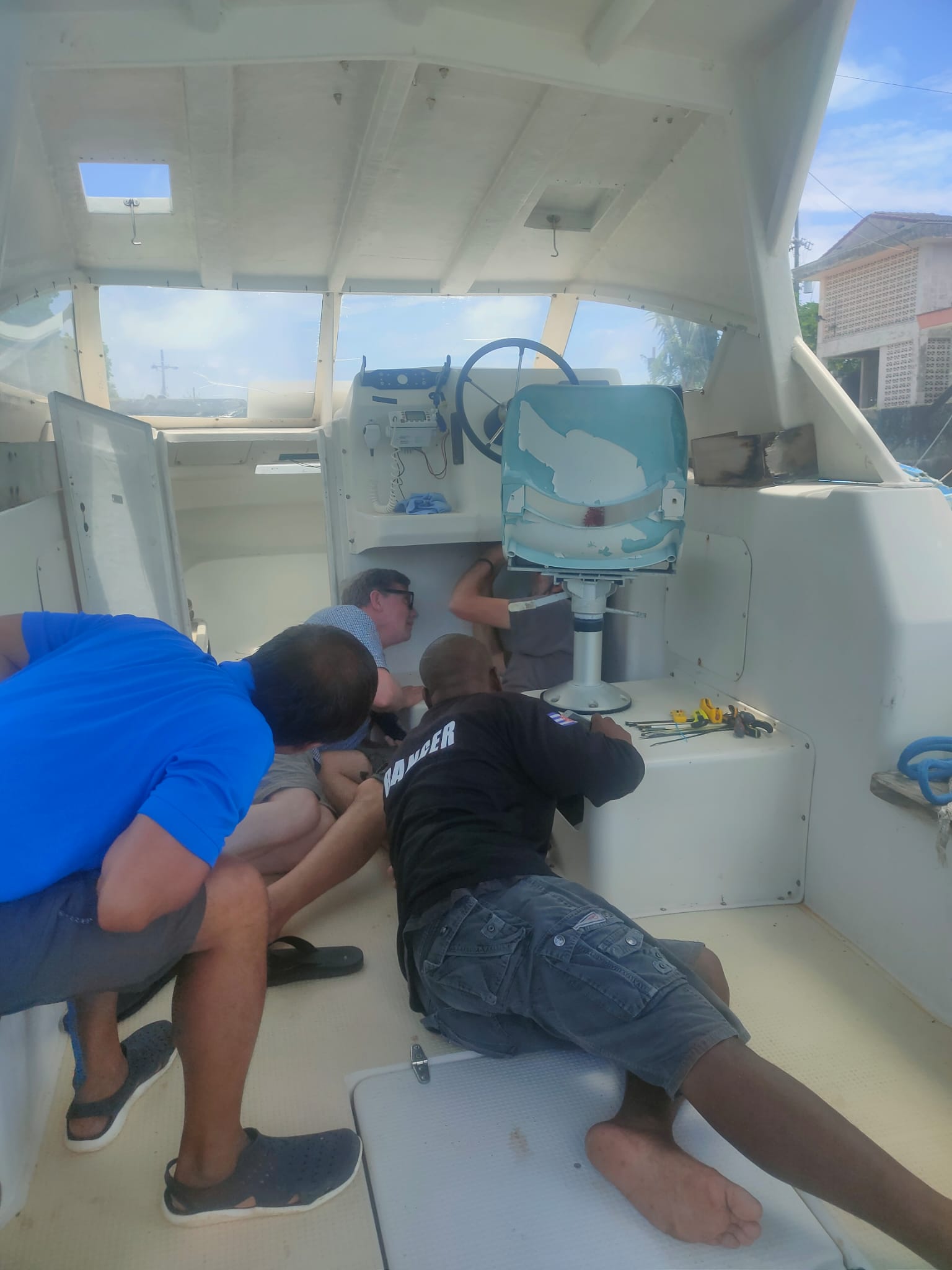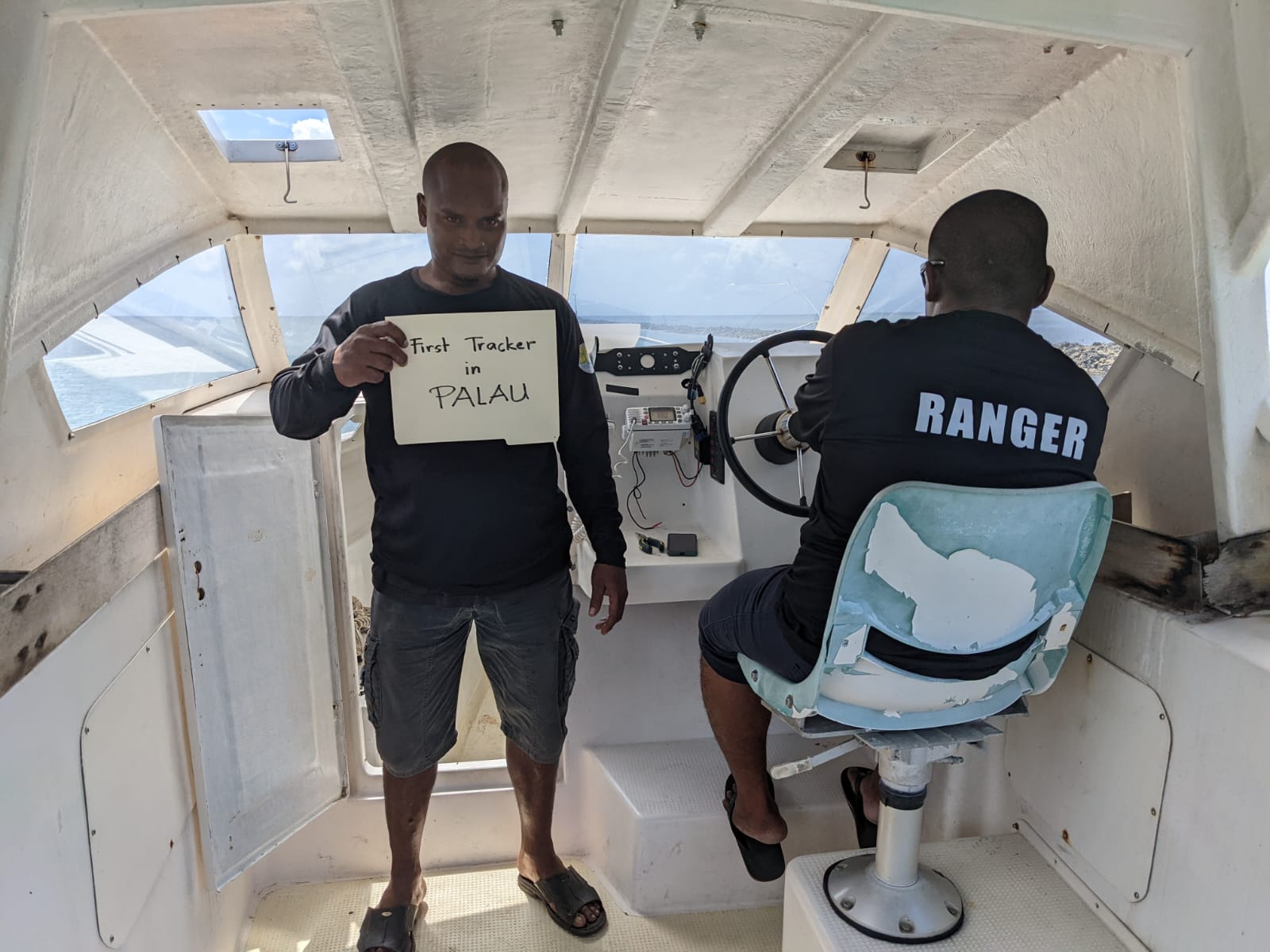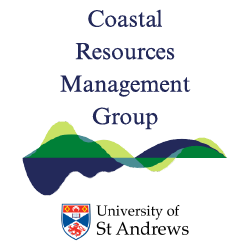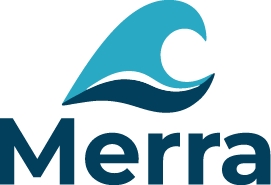
The objectives of the project were to:
- Deliver a hands-on workshop to demonstrate the principles, practice, development and operation of open source technology, processes and systems for SSF data collection.
- Set up a pilot demonstration of the St Andrews vessel tracking, Catch App and EcoTag in a Palauan fishery and initiate longer term remote data collection.
- Conduct high level meetings with Palauan Government and regional stakeholders to share experiences of SSF data collection requirements and establish a foundation for future collaboration.
Team
Dr Mark James – led the team and the work in Palau.
Dr Tania Mendo – led the data analysis section of the workshop and discussed data collection requirements with stakeholders
Dr Rene Swift – led the technical explanation and demonstration of equipment as well as tracker fitting on vessels.
Miguel Delos Santos (PhD Student) – led the preparation for the visit to Palau on island. Trained to fit vessel trackers. Liaised with government and NGOs.
Swithun Crowe – assisted remotely re troubleshooting database connections with tracked vessels and setting up users on the Traccar system.
Drs James, Mendo and Swift from the University of St Andrews visited Palau between 21st March and 4th April 2022. Dr Tilley from WorldFish attended the workshop online. The workshop took place 28th and 29th March 2022.
A total of 19 delegates from Palau registered to participate in the workshop face to face and a further 11 delegates from UN Food and Agriculture Organisation and The Nature Conservancy registered to participate online.
Meetings were held with Palauan Government officials, representatives of two fisheries-related NGO’s – The Nature Conservancy and the Palau Conservation Society, local research laboratory staff from the Coral Reef Research Foundation and the Palau International Coral Reef Research Centre. The project team also participated in the Palau Fisheries Forum meetings.
Five vessels were fitted with tracking devices and three solar powered tracking devices were fabricated on the island by way of demonstration and training. These trackers have been left on the island to be fitted to vessels selected by the NGOs.
Documents
Powerpoint 1 Benefits Of Digital Fisheries – Alex Tilley
Powerpoint 2 Define the Challenges of Data Collection in SSF – Mark James
Powerpoint 3 An Overview of Electronic Monitoring Systems for SSF – Mark James
Powerpoint 4 Harvesting SSF Data via open-source Technology – Mark James & Rene Swift
Powerpoint 5 Approaches To Analysing And Interpreting Vessel Track Data – Tania Mendo
Powerpoint 6 Collecting Digital Catch Data – Alex Tilley
A Video of Alex Presenting Peskas


